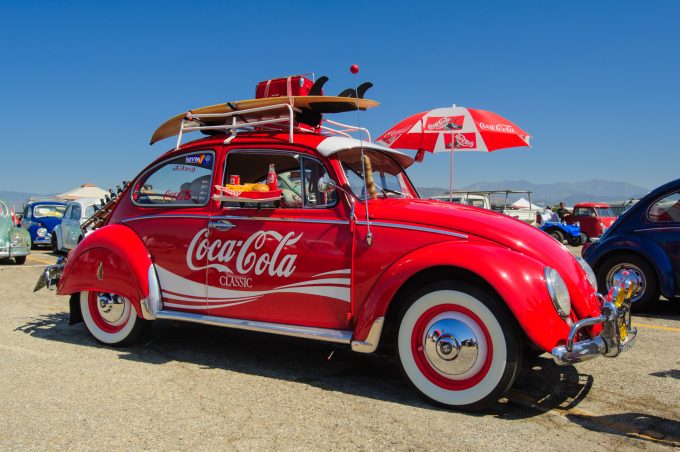Ezyhaul raises $16m to expand trucking app into Indonesia and the Philippines
Malaysia-based Ezyhaul has raised US$16m in a Series B fundraising round, one of the largest ...

Global shipper Coca-Cola is to use bulk carriers to shift its cargo in a revision of its supply chains out of Asia – a result of the persistent congestion.
Container supply chains in Asia, the US and Europe are under stress as a result of an unexpected surge in cargo demand, following the pandemic, with delays to ships and congestion at ports exacerbating a lack of trucking and overloaded rails systems.
As a result, Coca-Cola has wound back the years, abandoning the ...
Volcanic disruption at Anchorage could hit transpacific airfreight operations
Shippers snap up airfreight capacity to US ahead of tariff deadline
Forwarders stay cool as US 'liberation day' tariffs threaten 'global trade war'
New price hikes may slow ocean spot rate slide – but for how long?
Tighter EU import requirements proving 'a challenge' for forwarders
Supply chain delays expected after earthquake hits Myanmar
Looming Trump tariffs will create 'a bureaucratic monster' for Customs

Comment on this article
Michael Halley
October 12, 2021 at 2:42 amHi Nick,
Nice article. Would be interested to know what is being shipped break-bulk by Coca Cola.
Cheers…..Michael
Nick Savvides
October 12, 2021 at 7:59 pmMy understanding is that they are shipping finished products, eg Coca Cola but that is an assumption that I made, rather than a definitive answer.